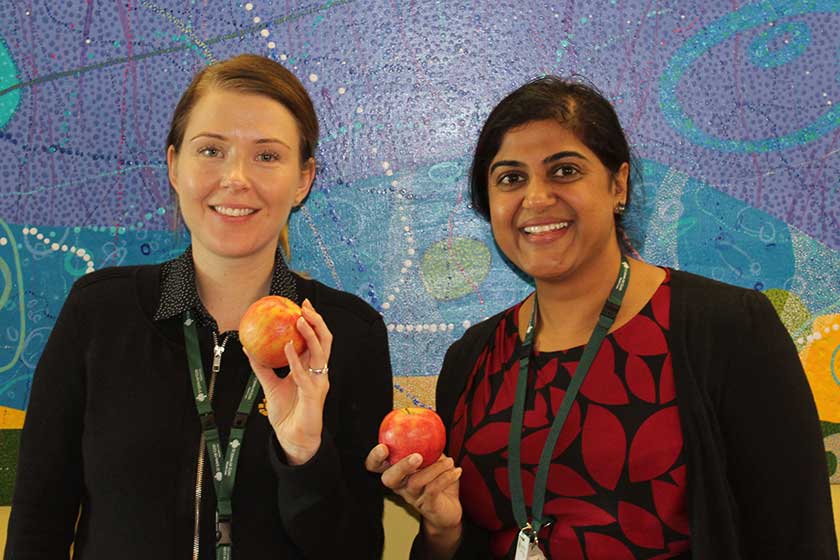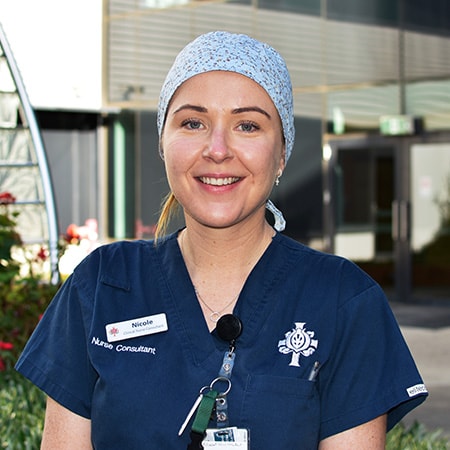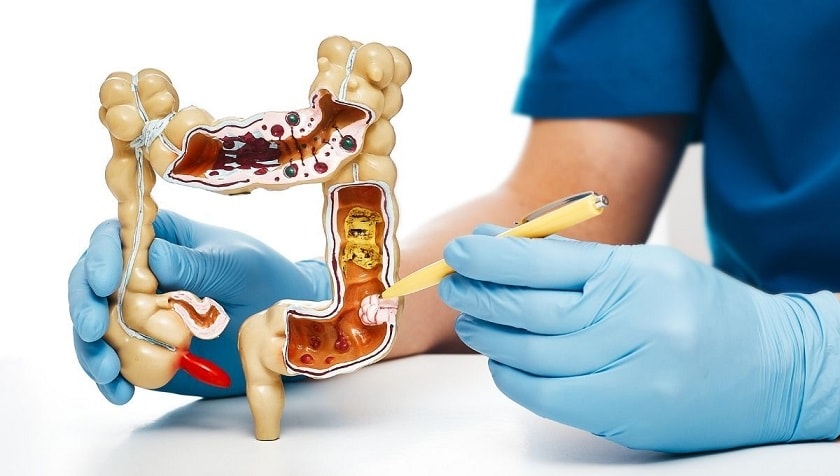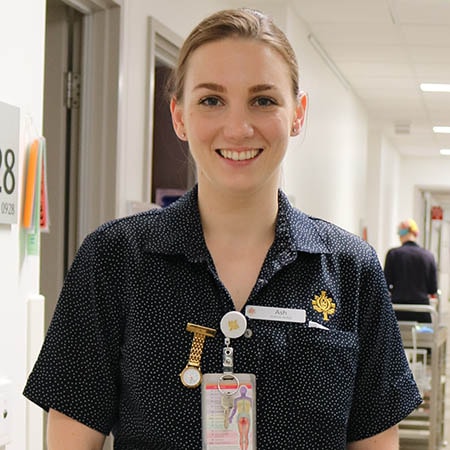Sadly one in 13 Australians are diagnosed with bowel cancer and it is responsible for the second most amount of deaths related to cancer in Australia.
It is important to know the symptoms of bowel cancer and how you can reduce risk factors.
Unfortunately, symptoms for bowel cancer can often be attributed to other conditions such as haemorrhoids.
If you experience any of the symptoms listed below for more than two weeks it is important you discuss these with your general practitioner promptly.
Signs and symptoms of bowel cancer
- Blood in the stool or rectal bleeding
- A recent, persistent change in bowel habit especially if severe (including diarrhoea or constipation)
- A change in the shape or appearance of bowel movements (e.g. more narrow than usual)
- Abdominal pain or swelling
- Unexplained weight loss
- Pain or a lump in the anus or rectum
- Unexplained anaemia
- A feeling that the bowel has not emptied completely after a bowel movement
Screening for bowel cancer
Fortunately, if bowel cancer is found early it can be treated successfully. Early bowel cancers don’t always cause symptoms which is why screening programs such as the National Bowel Cancer Screening Program (NBCSP) are so important.
The NBCSP provides free bowel cancer screening tests to all Australians, every two years, for those aged 50 to 74 years.
Reducing the risk of bowel cancer
There are two types of risk factors for bowel cancer – those that can be changed and those that cannot.
Factors that cannot be changed but are good to be aware of include family history of bowel cancer, hereditary conditions, age and personal medical history.
Factors that can be changed are diet and lifestyle-related factors such as eliminating smoking, alcohol and drugs.
To reduce the risk of bowel cancer it is important to limit your intake of red meat, processed meat and sugary treats as well as eating more healthy food which is high in dietary fibre such as fruit, vegetables and wholegrain cereals.








